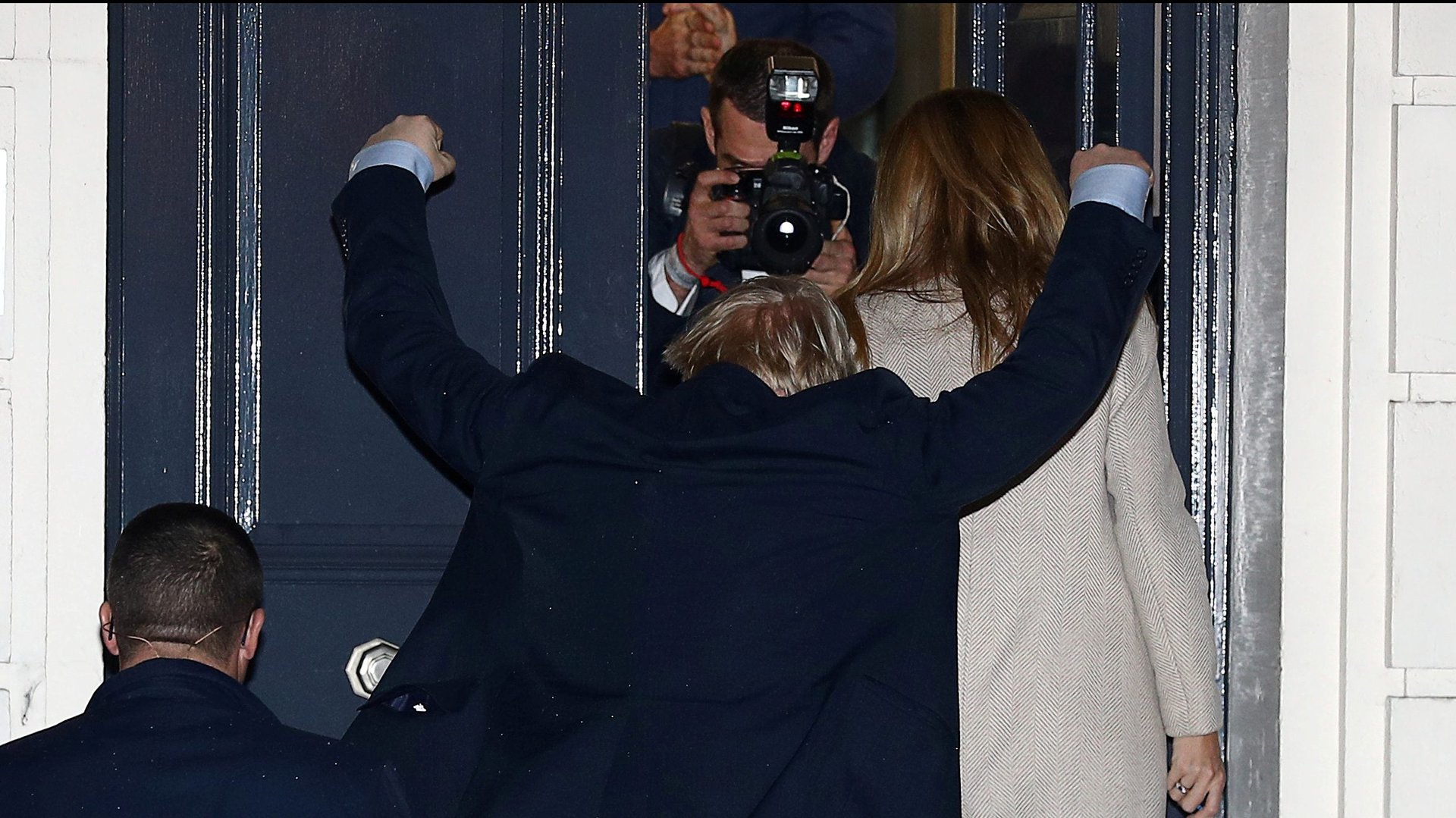“History changes today”: European newspapers react to the results of the UK general election
British prime minister Boris Johnson and his Conservative Party won a landslide victory in yesterday’s general election. By Friday midday, with one constituency left to declare, the Conservatives had 364 seats, the party’s best showing since 1987.


British prime minister Boris Johnson and his Conservative Party won a landslide victory in yesterday’s general election. By Friday midday, with one constituency left to declare, the Conservatives had 364 seats, the party’s best showing since 1987.
As Johnson said during a victory speech in his constituency this morning, the result gives his government “a powerful new mandate” to pass his Brexit deal through parliament and get the UK out of the European Union by January 31, 2020.
European leaders reacted to the news with resignation but also a certain measure of relief on account of the decisiveness of Johnson’s victory. As Irish prime minister Leo Varadkar told journalists yesterday, “I just hope that the result is decisive so we know where we’re going over the next few months. I think the best thing for Ireland, the UK, and Europe would be for an end to the uncertainty.”
European newspapers reacted differently.
“History changes today”
The press had been highly critical of the choice of candidates available to British voters in the weeks leading up to the general election. The morning after, they focused on the historic nature of Johnson’s victory and the significance it would have for Brexit.
“History changes today,” proclaimed Italy’s La Reppublica. “With the hung parliament gone, the parliament that has held Britain in suspense for years, the European Union will soon be smaller.”
“It is a decision with serious consequences—for the parties, for the United Kingdom, for Europe,” stated Germany’s Der Spiegel in a front page article entitled “King Boris.” The magazine drew four lessons from the election: Populism wins, Brexit is coming, the Corbyn era has ended, and the United Kingdom’s unity is crumbling.
In a dispatch from London, where he spoke to Italian citizens on election night, Corriere della Serra’s Aldo Cazzullo wrote: “It is a night of tension, if not fear, for the 700,000 Italians of England… [T]alk to one of the thousands of Italian waiters, bartenders, and cooks, and you’ll realize that with Brexit…nothing will ever be the same again.”
Meanwhile, Portugal’s Expresso led with a quote from British historian Anthony Barnett: “The world will not revert to the time when England was special.”
Not fans of Johnson
The newspapers were often critical of Johnson himself. Spain’s El Mundo called him “a charismatic and unreliable prime minister,” and warned that, with such a decisive majority, Johnson “could behave like a true despot.”
French magazine Le Figaro asked: Who is Boris Johnson? “The only British politician known around the world remains an enigma.” The publication calls him “a complex character,” hidden behind “the facade of a media buffoon with a blond mop recognizable among all.”
France’s Le Monde criticized “his false unkept look, his contempt for details and especially…his slogan ‘get Brexit done,’ simplistic, repeated ad nauseam during the whole campaign.” But “for all that,” it continued, “Boris Johnson has masterfully succeeded in his bet.”
“Johnson in the same row as the Iron Lady,” wrote Dutch newspaper NRC Handelsblad, referencing Margaret Thatcher’s third-term victory in 1987, the last time the Tories were so successful in a general election. “It makes him almost almighty within his own party.”